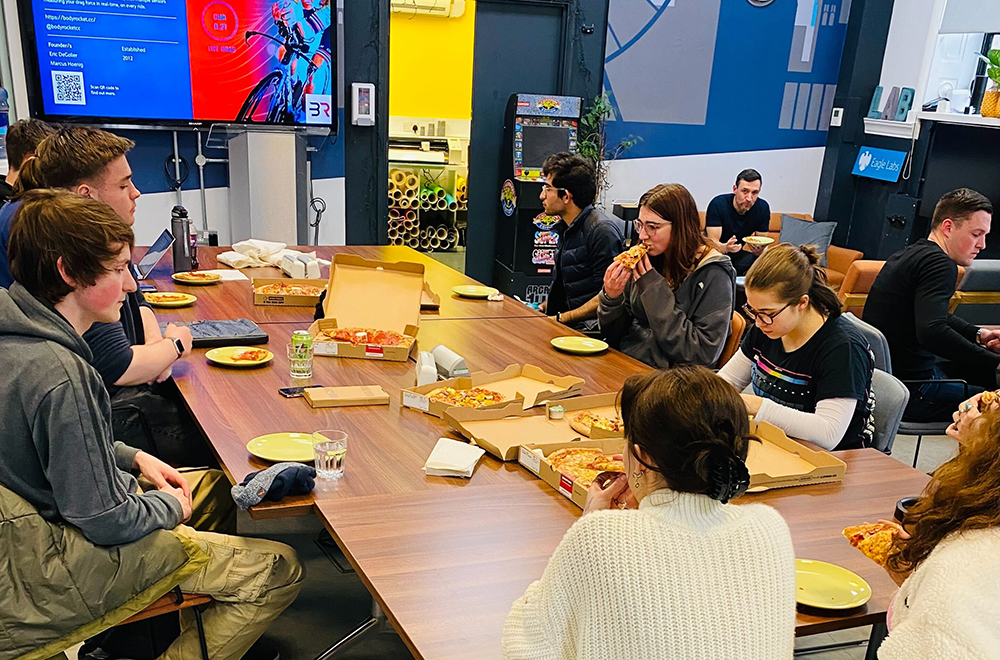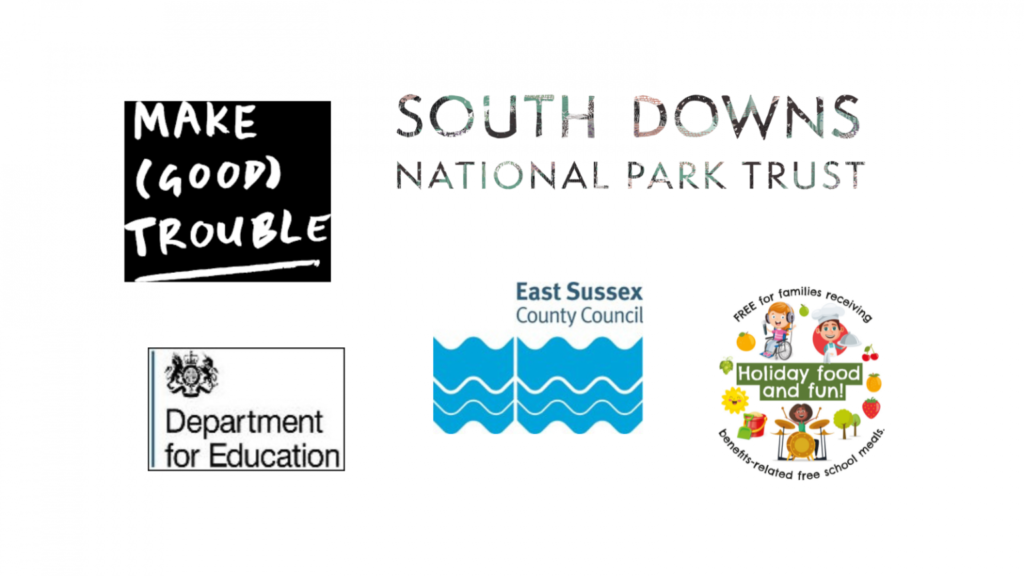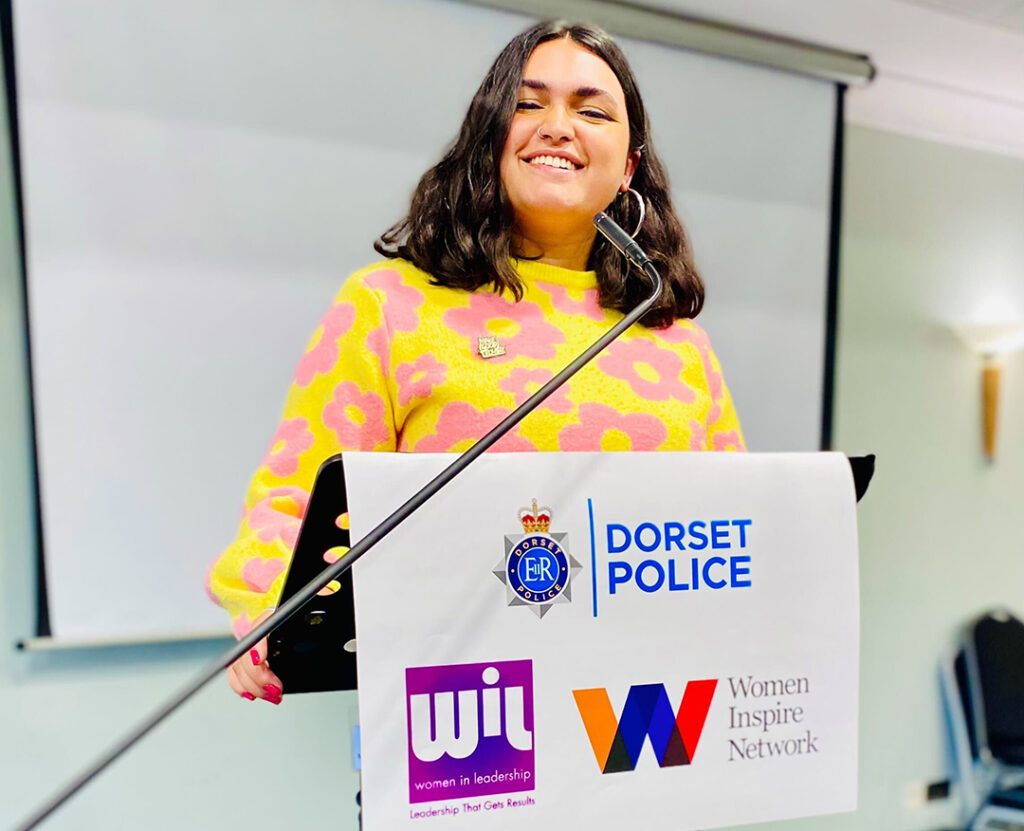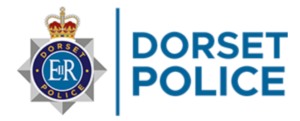Hello! We hope you had a great Easter!
Each month, we look at the issues affecting young people that make the news, with an emphasis on making good – so we add practical tips and advice for young people and families.
In this month’s post:
- A round up of the latest reports showing that the mental health crisis in young people is growing – and where to get help.
- The cost-of-living crisis is stopping young people going out, causing greater loneliness – we’ve some great resources to help.
- Why getting out into nature is great for our mental health.
- We’ve rewarded young people for their amazing work on The Catalyst programme.
- And lastly, listen to MGT co-founder, Daisy Cresswell, on the EdTech podcast, focusing on how tech can be used to promote diversity, inclusivity and equality in education.
Mental health crisis – latest reports
This month, mental health is making the headlines. The charity Mind released new research which reveals that “young adults are struggling with their mental health with 95 per cent feeling anxious in the last 12 months and over a fifth (21 per cent) experiencing these feelings all the time.” This comes hot on the heels of a report by The House magazine that 1 in 3 young people referred to the NHS for mental health issues are being denied help.
The report has “uncovered a postcode lottery in child and adolescent mental health care, with some desperate young people waiting up to four years for help.” It also stated: “We hear about parents sleeping on their children’s floors to keep them safe, children out of education for months and years while they wait for help.”
Our Help & Advice pages have some great sources of advice and support on topics such as anxiety and eating disorders, and self-harm. If there’s a subject you think we should add here, please let us know!
Universities should have a statutory duty of care
We wanted to give a shout out to Ben West, who lost his brother to suicide and has been campaigning for the government to legislate that Universities have a duty of care towards their students. On Tuesday, he gave a speech in parliament to call for “clarity, parity and accountability. In other words, for the government to say “this is what needs to happen, this is the same legal standard across the sector and it is a statutory requirement to provide this minimum standard of support.”
You can listen to his powerful speech on his Instagram account.
And check out his brilliant book: This Book Could Save Your Life: Breaking the silence around the mental heath emergency.
Combating loneliness
UK Youth’s latest poll reveals that 36% of young people say they feel lonelier because they’re staying in to save money, curbing their social life. We looked into the effects of loneliness on young people during the pandemic. If you’re worried about someone close to you, check out these resources:
- Raising Teens episode on Loneliness on BBC Sounds.
- Blog post: Tips to combat loneliness
- Help page with links to places that support people who are feeling lonely
Getting out into nature for free
We know that getting out into nature is a great way to help preventative mental ill health, helping to reduce loneliness and anxiety. (Read our blog post: Proving that nature is a real boost to young people’s mental health.)
This Easter, we took young people out to the South Downs National Park for our holiday club. It’s part of the ESCC Holiday Activities and Food programme which offers free activities to young people in receipt of benefits-related free school meals. We spent four days outside in the gorgeous South Downs National Park (SDNP) – if you follow us on social media, you’ll have seen us on wildlife walks, beach combing, litter picking (so much plastic on our beaches!) and learning about conservation. We’ll be back with another club in the summer, so watch this space. Big thanks to Dragon Drama and the SDNP team who ran our workshops for the club.
We were chuffed to get this feedback from a parent, which illustrates the benefits perfectly:
“I would love this to be a permanent thing. Getting kids outside, getting them active, muddy, rolling round, running about, is so good for them. Then of course they were ravenous, and it was great that there was varied, healthy food. Best holiday club ever!”
Rewarding young people
We’ve awarded 17 Digital Badges this month to participants of The Catalyst programme. That means, to-date, we have awarded 119 badges to young people who’ve taken part in our projects and programmes. This badging scheme is led by Real Ideas and Future Creators, and badges are issued by Badge Nation. written using the Cities of learning badging standard, endorsed by City and Guilds and the RSA.
After last month’s Catalyst graffiti workshops, we wanted to say a big thanks to Brewers who supported the project by supplying surplus paint, paint brushes, and a discount on exterior paint. They also featured the brilliant artwork the young participants produced in a blog post on the Brewers website.
Making EdTech more inclusive
Lastly, our co-founder, Daisy Cresswell, featured on the latest edition of The EdTech Podcast: Making EdTech more inclusive to discuss our work with Soundwaves Foundation, a charity that supports deaf children and young adults. We are working together to look into how we can help all young people learn better in the classroom.
That’s all for April. See you next month!
✅ Make sure you don’t miss a thing – subscribe to our blog and get our updates straight to your inbox.




